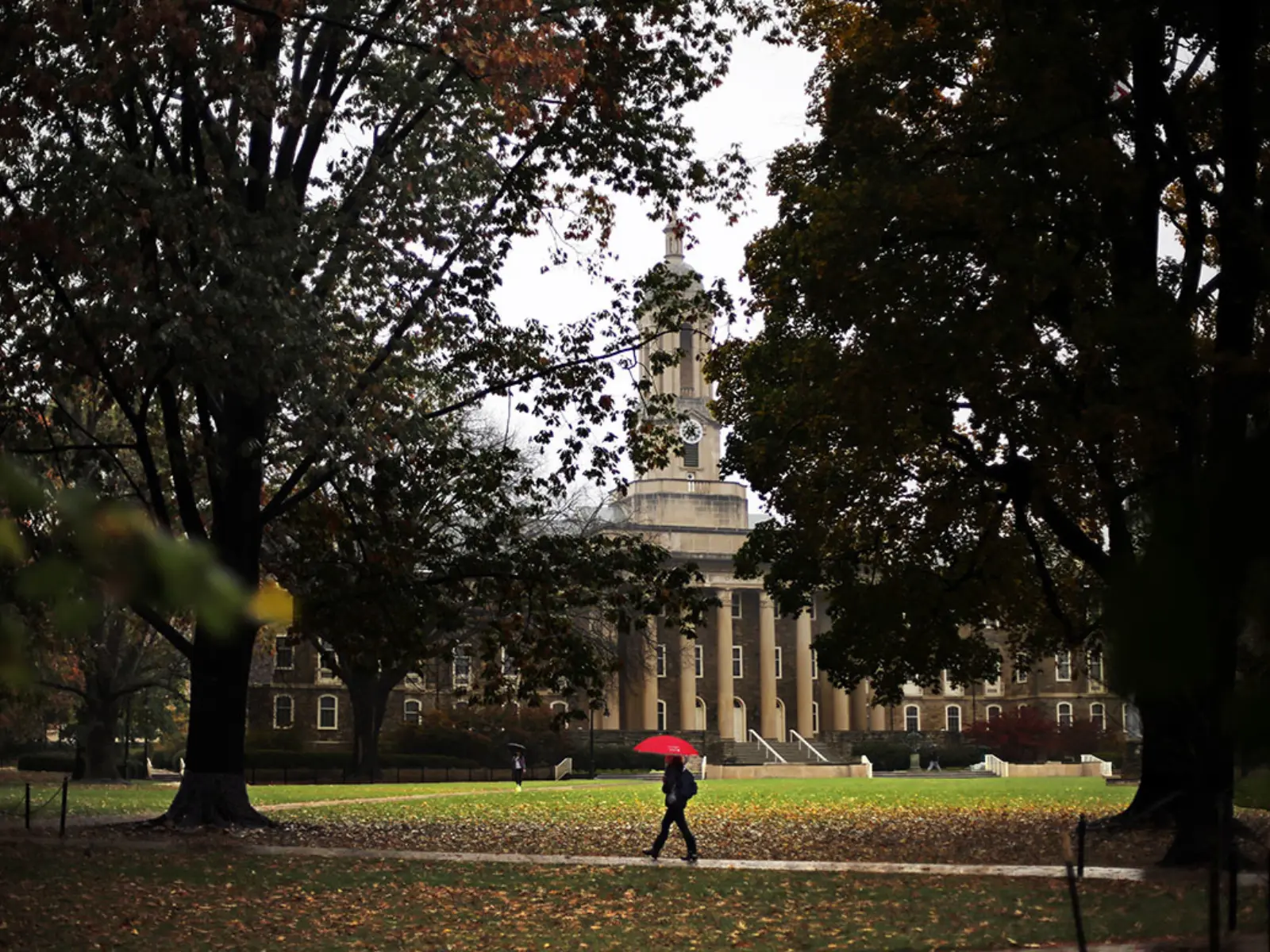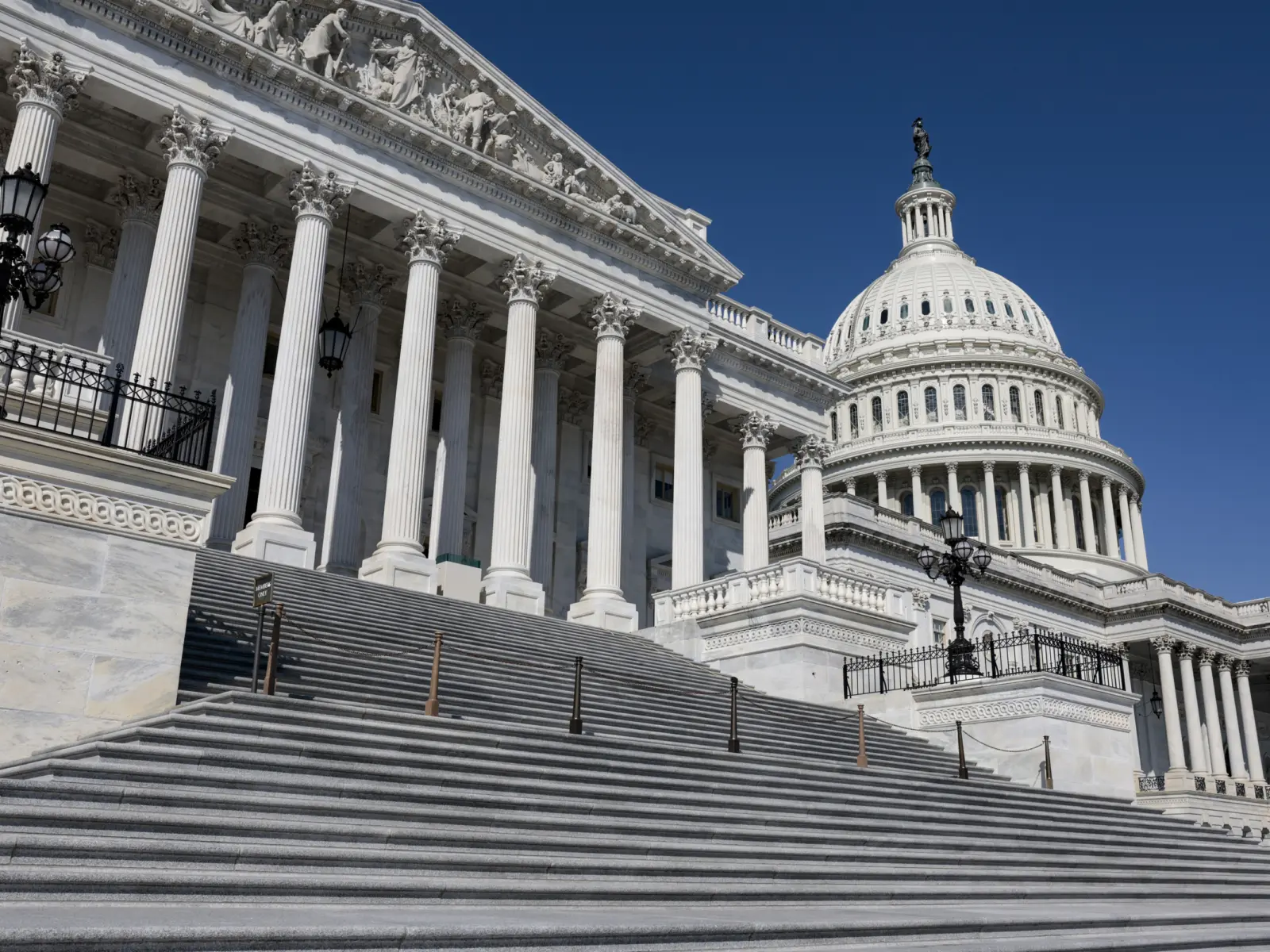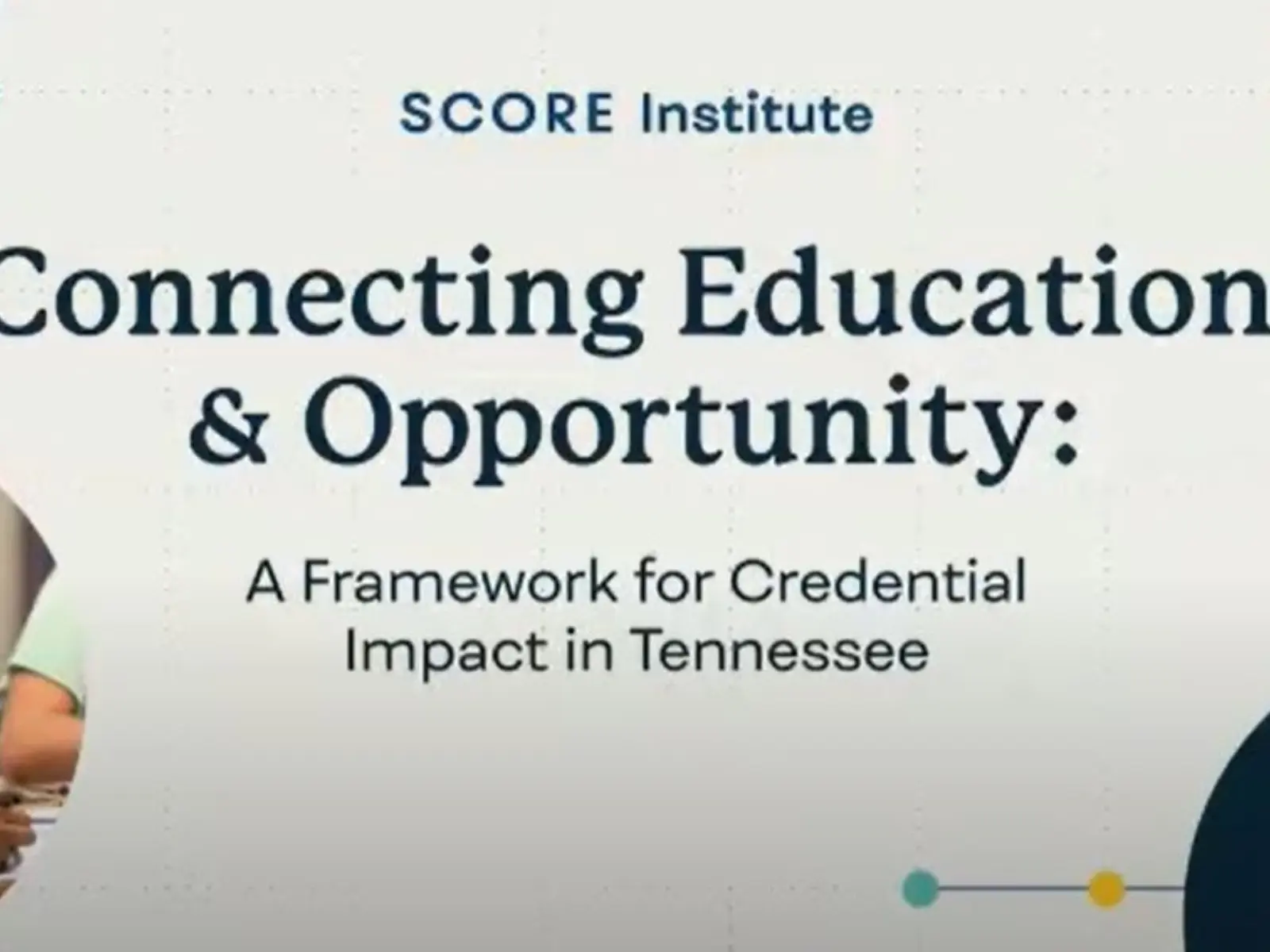Earning a college degree remains the surest path to financial security and economic mobility. Yet within the U.S. higher education system, students experience uneven outcomes. Overall, just 6 in 10 students graduate within 6 years of entering school — and even when they graduate, some students find that the credential they earned is scarcely worth the paper on which it was printed.
However, policymakers — including Congress — find it difficult to hold institutions accountable for low-value programs and poor outcomes. While the primary penalty for institutions that have outcomes like high student loan default rates is the loss of federal financial aid eligibility — a “death sentence” for many colleges that could not survive without taxpayer dollars — there are no real incentives for higher performance. Outside the most extreme cases, it can be difficult for policymakers to take action.
Policymakers need a larger menu of potential rewards for success and penalties for poor outcomes. Some of the most promising options we identified include:
Rewards for Success
- Alleviate the Burden for Colleges Exceeding Expectations and Expanding Access. For schools that are already high-performing, policymakers could reduce the frequency of requirements for compliance audits, allow for longer times between accreditor reviews and abbreviated review processes, and allow institutions to access expansions of federal aid eligibility. Schools with a strong track record in advancing socioeconomic mobility could also be provided additional grant funding.
- Provide a Boost with Incentives for Evidence-Based Reform. Institutions with middling student outcomes and demonstrated interest and effort toward improving could be provided with additional, time-limited resources to help implement evidence-based actions and further improve their outcomes.
Sanctions for Underperformance
- Establish Low-Level Penalties for Poor Outcomes. Institutions with poor outcomes could be required to warn students about their outcomes before enrolling them. They could also be subjected to warnings from accrediting agencies. Further, poor outcomes could spark automatic reviews by accreditors, states, or the Department of Education.
- Initiate Mid-Level Sanctions for Institutions that Fail to Improve. When institutions fail to improve, schools could have their enrollment numbers, or their rate of growth in enrollment, capped, so that large numbers of students do not continue to enroll in low-value programs. Schools could also be required to cap their tuition growth if they fail to improve, and school leaders could see their compensation capped. Institutions could also lose access to certain privileges, like the use of reciprocity agreements to comply with state authorization requirements for their distance education offerings. JUST 6 IN 10 STUDENTS graduate within 6 years of entering school.
- Enact High-Level Consequences for Colleges that Miss Baseline Levels of Performance. For the most serious cases of poor outcomes — for instance, when colleges cannot meet even a low minimum bar for graduation rates, earnings, or other metrics — policymakers could adopt the most serious consequences. If the underperformance occurs with graduate programs, for instance, policymakers could impose a loss of eligibility only for Grad PLUS loans. Additionally, the school’s eligibility could be restricted altogether for low-value programs, akin to the gainful employment rules that remove Title IV eligibility from programs that do not meet federal standards.
CONSUMER PROTECTION VIOLATIONS
While poor student outcomes are a major concern for students and policymakers alike, sometimes institutions have engaged in activities that are downright illegal. Such activities include misrepresentations to students, aggressive and deceptive recruiting practices, and fraud and abuse of taxpayer-financed federal aid programs. In these cases, the loss of eligibility for the federal aid programs for the entire institution may be appropriate. Other appropriate sanctions for these illegal behaviors include automatically requiring reviews of the alleged misconduct by the Department of Education, states, or accreditors; requiring institutions to post financial protection, or requiring institutional leaders to accept financial responsibility, for potential future liabilities; requiring colleges to access federal dollars through reimbursement; and increasing the use of fines and penalties. With a better set of tools in the toolbox, policymakers can do more to encourage quality education and produce incentives for change without necessarily needing to risk closing an institution altogether.













